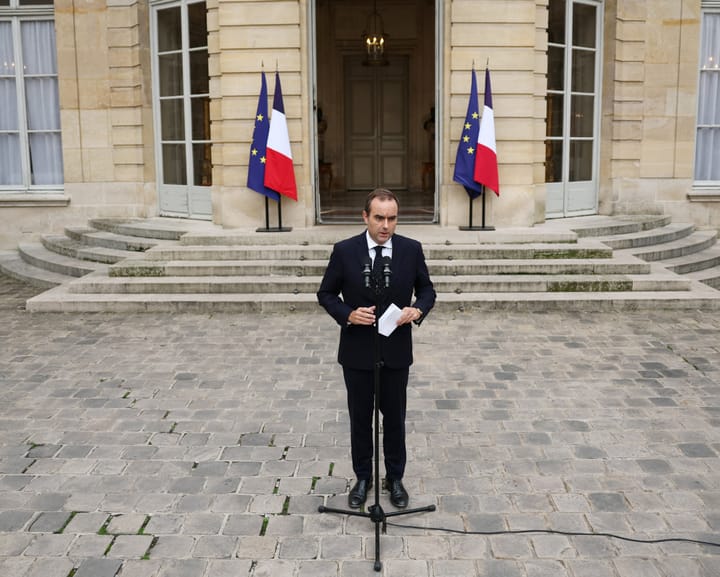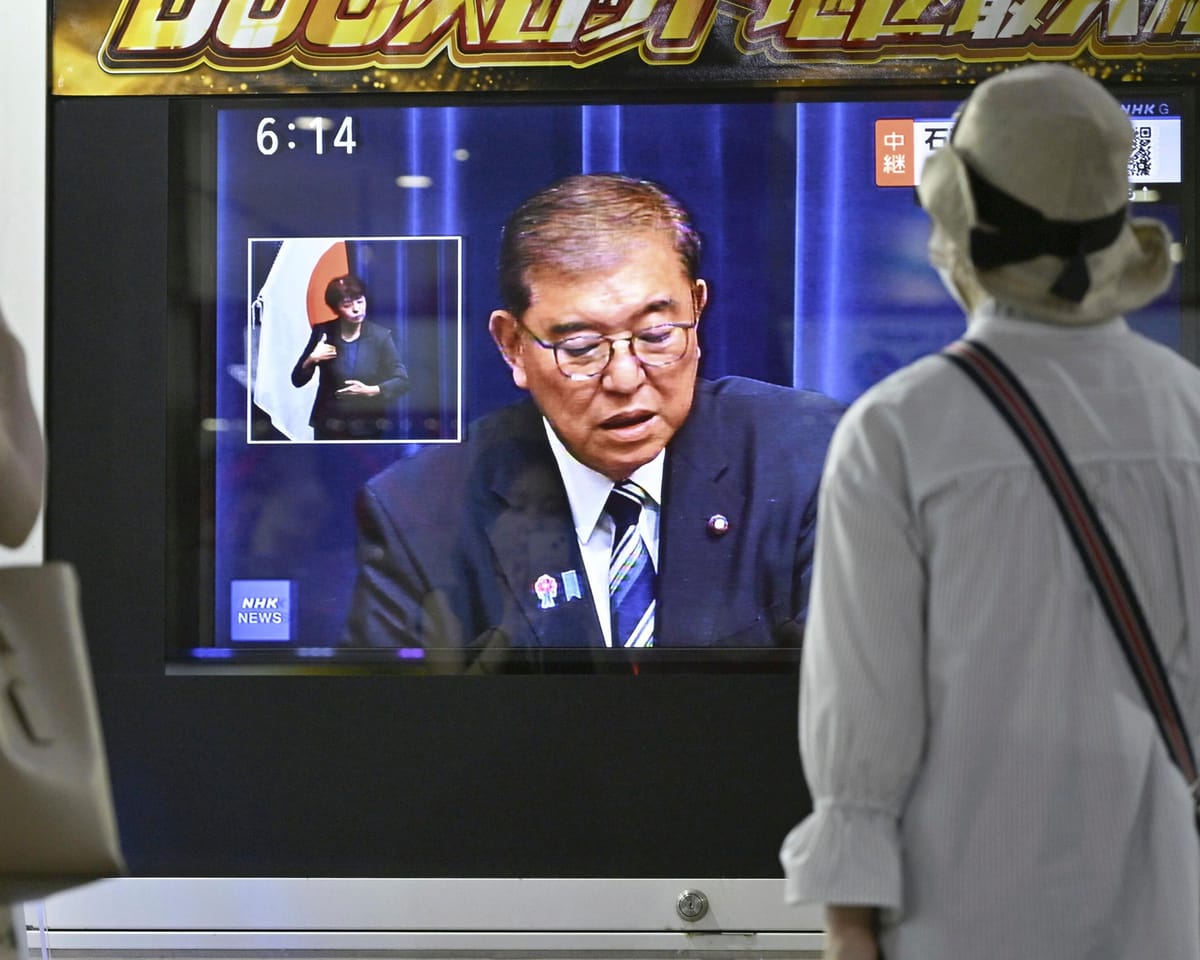The timing of Japanese Prime Minister Shigeru Ishiba’s resignation announcement—made on a Sunday evening—caught many off guard, but the pressure for him to step down had been building almost from the start of his term.
After securing the leadership of the Liberal Democratic Party (LDP), a dominant political group that has ruled Japan for most of the past 70 years, Ishiba called an early election aiming to secure public support following a major financial misconduct case and to quiet dissent within his party’s right wing.
The move backfired for Ishiba, who had long sought the premiership, and served as a warning for the once-unshakable LDP, which was still grappling with the same financial misconduct allegations that resurfaced recently.
The LDP and its coalition partner, Komeito, lost their majority in the lower house, leaving Ishiba to govern with a weakened mandate.
Months later, as Japan faced rising rice prices, the return of a trade-focused Donald Trump, and heightened tensions with North Korea, another electoral setback loomed.
It arrived as predicted. For the second time in under a year, the LDP lost its majority—this time in July’s upper house elections.
Voters delivered a clear message by rejecting Ishiba’s administration twice: his party had not done enough to address the scandal, in which numerous LDP lawmakers were accused of diverting undeclared funds from event ticket sales into secret accounts.
Ishiba’s predecessor, Fumio Kishida, had apologized a year earlier for “eroding trust in politics” and vowed to stop hosting fundraising events while in office. But no major steps were taken to rebuild confidence. Ishiba himself had to apologize after giving gift certificates—paid from his own funds—to 15 newly elected LDP lawmakers, a move critics saw as evidence of the party’s ingrained culture of financial incentives.
Days before the upper house vote, the *Mainichi Shimbun* noted in an editorial that lawmakers had “underestimated” public frustration over financial misconduct in politics.
While Ishiba argued he had made “significant progress” by eliminating undisclosed “policy activity expenses,” he and other LDP members resisted banning corporate and organizational donations to party offices.
Most of the individuals implicated in the scandal faced no charges, further angering voters. “There is no sign of remorse over the severe loss of faith in politics,” the Mainichi observed.
Ultimately, the same scandal that forced Kishida out also ended Ishiba’s term abruptly.
Yet the LDP has faced such crises before—and bounced back.
Read next

"Indonesia school collapse: rescue efforts conclude with 67 fatalities"
Search Ends After Indonesian School Collapse Leaves Dozens Dead
Indonesian rescuers concluded their search on Tuesday for victims trapped beneath the rubble of a collapsed Islamic boarding school in East Java, after recovering more than 60 bodies, authorities confirmed.
The tragedy in the town of Sidoarjo struck last week when

"French PM makes last-ditch effort to save government as crisis deepens – Europe updates"
France's Political Standoff Continues as Prime Minister Seeks Cross-Party Support
France remains at a political stalemate as the outgoing prime minister, Sébastien Lecornu, makes a final attempt to gather support from rival parties for a new government.
President Emmanuel Macron assigned Lecornu, 39, to form a government in

"Macron calls emergency talks with parties to swiftly pick new PM"
Emmanuel Macron has called upon the leaders of several political factions to his office, urging them to demonstrate "collective responsibility" as he seeks to appoint a new prime minister amid growing political turmoil.
All parties except Marine Le Pen’s far-right National Rally, the largest opposition group, and

